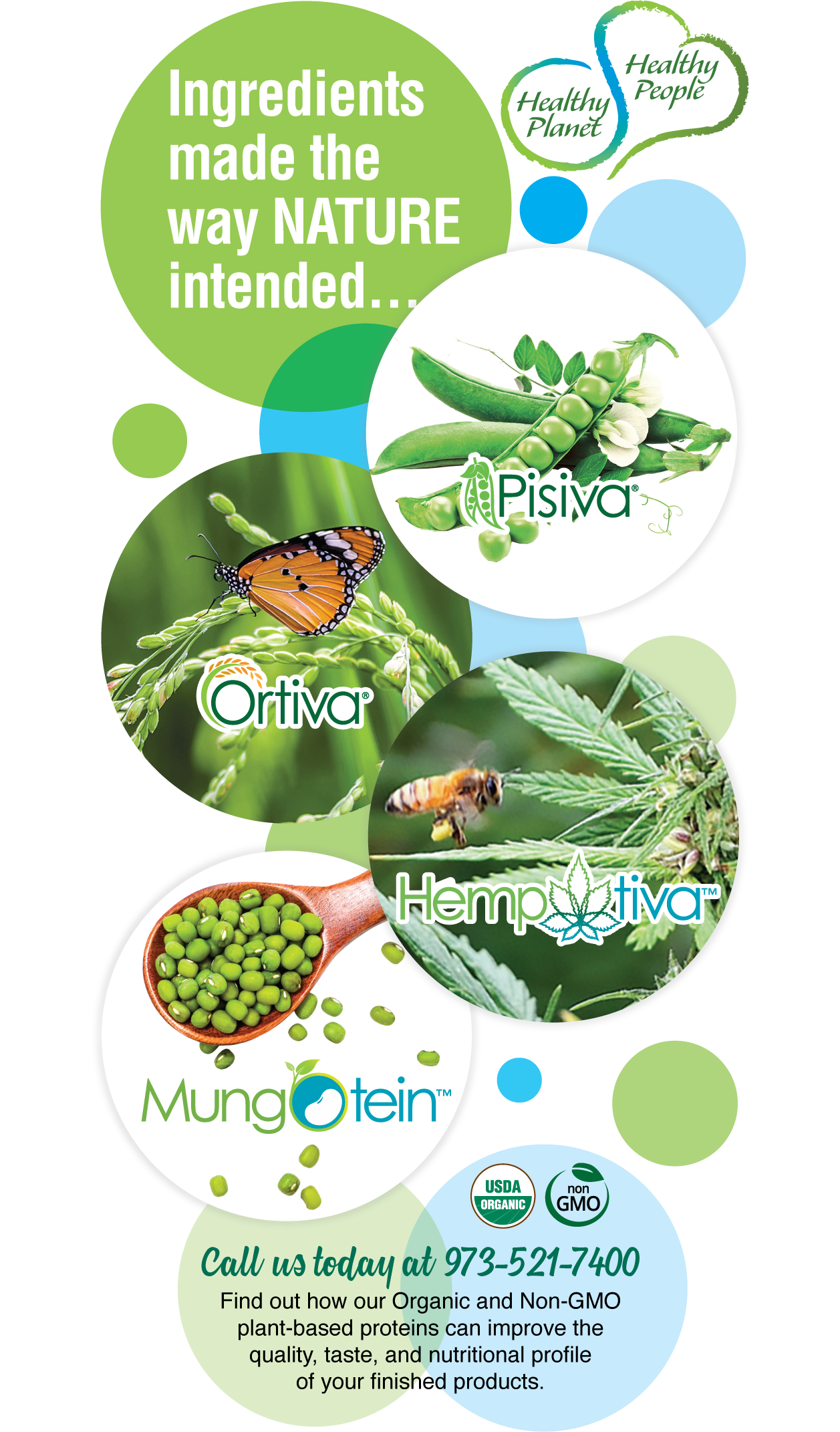Dietary protein is generally classified into two forms, namely complete and incomplete sources of essential amino acids. Complete proteins contain all essential amino acids and are often referred to as high quality proteins. In contrast, incomplete proteins are low in one or more essential amino acids. Most plant proteins, other than soy protein, have lower contents of certain amino acids and they are not considered complete proteins. However, plant proteins of different types are often complementary and can provide all essential amino acids in the diet, e.g. pea combined with rice protein.


